FAQs
Click on the heading under the Expand All arrow below to read our useful guides and FAQs
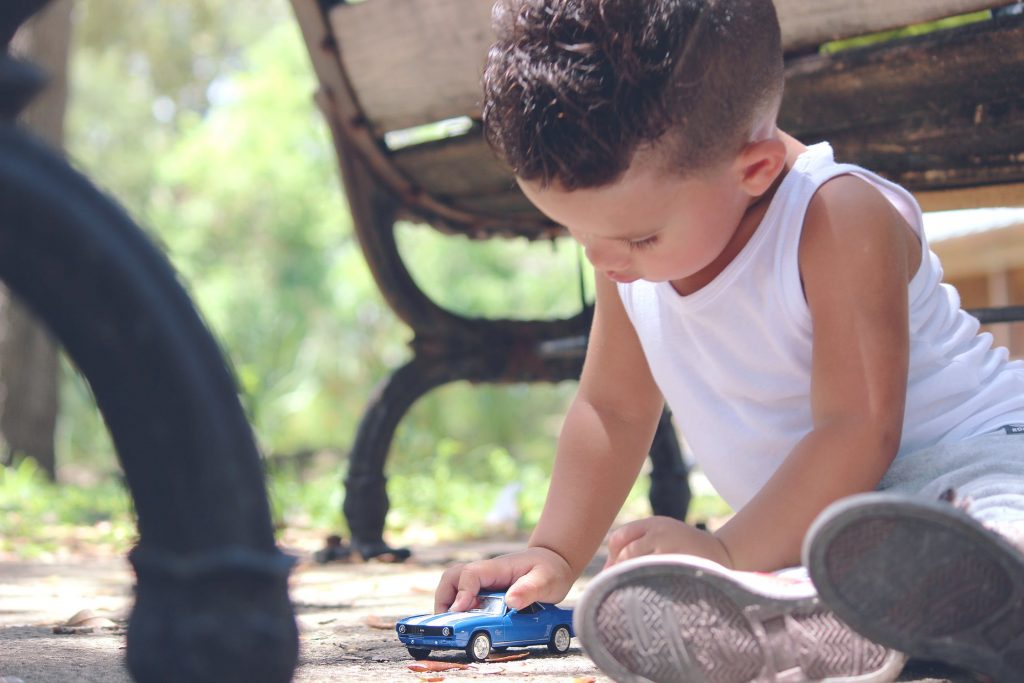
The Essentials
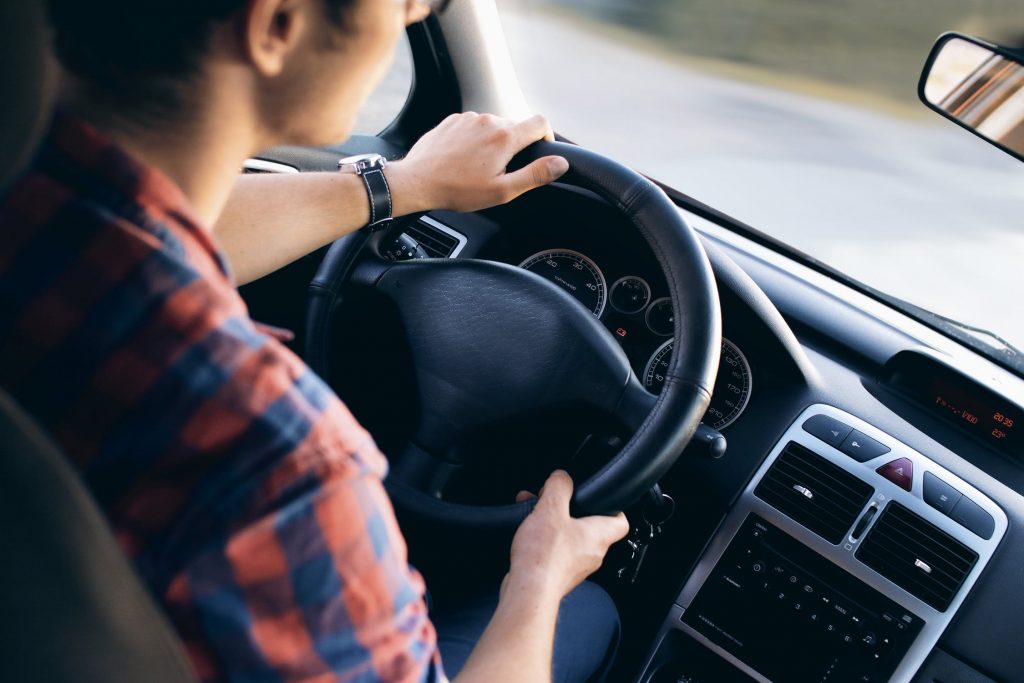
Learner
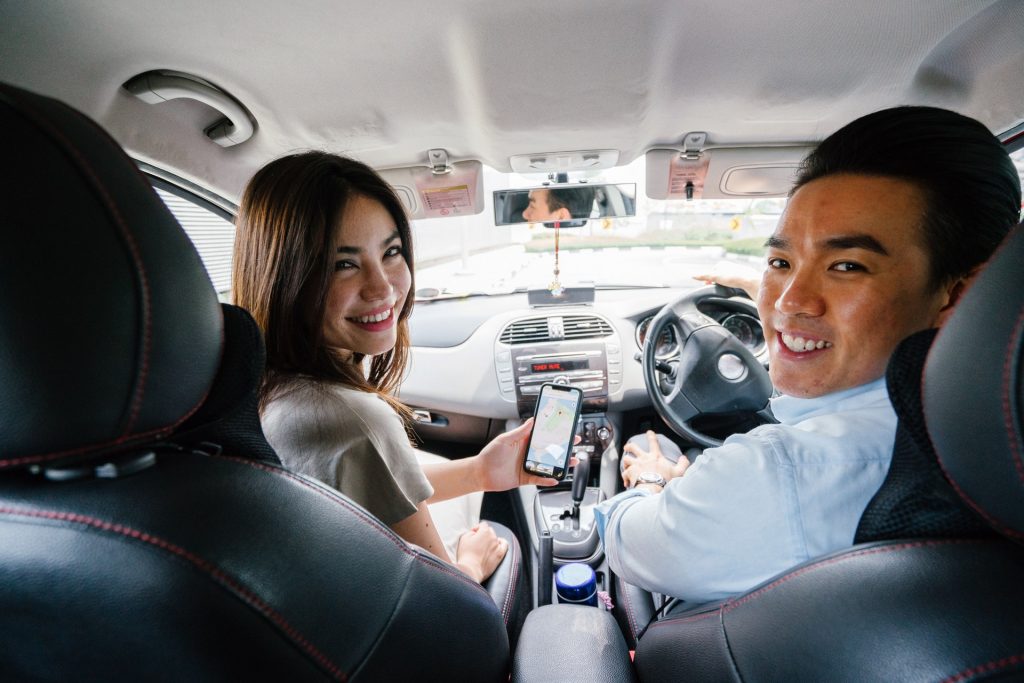
Car Sharing

Business Use
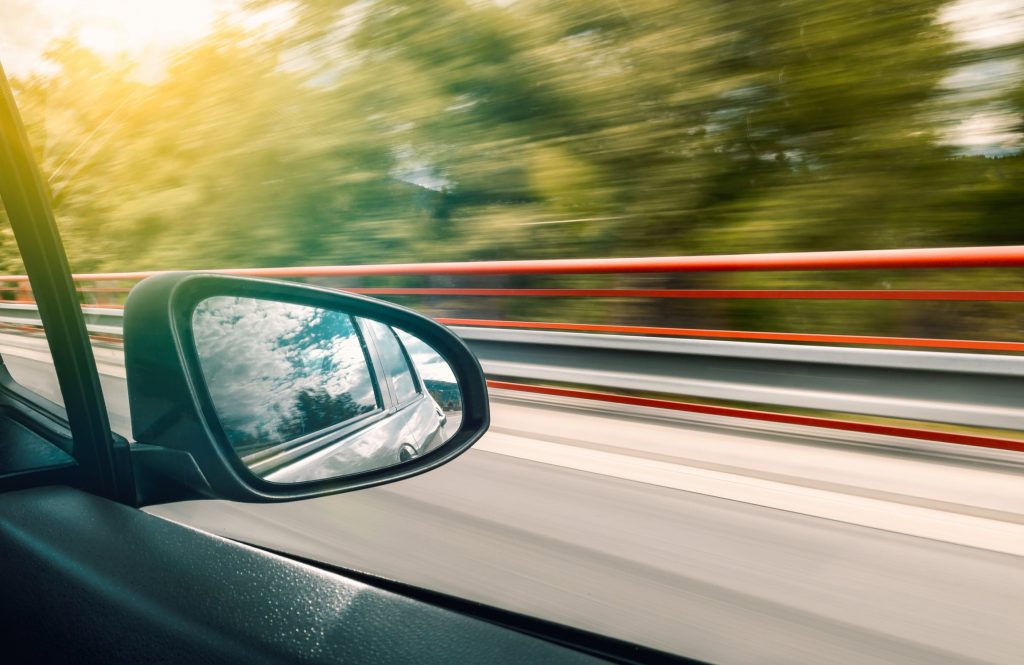
MID
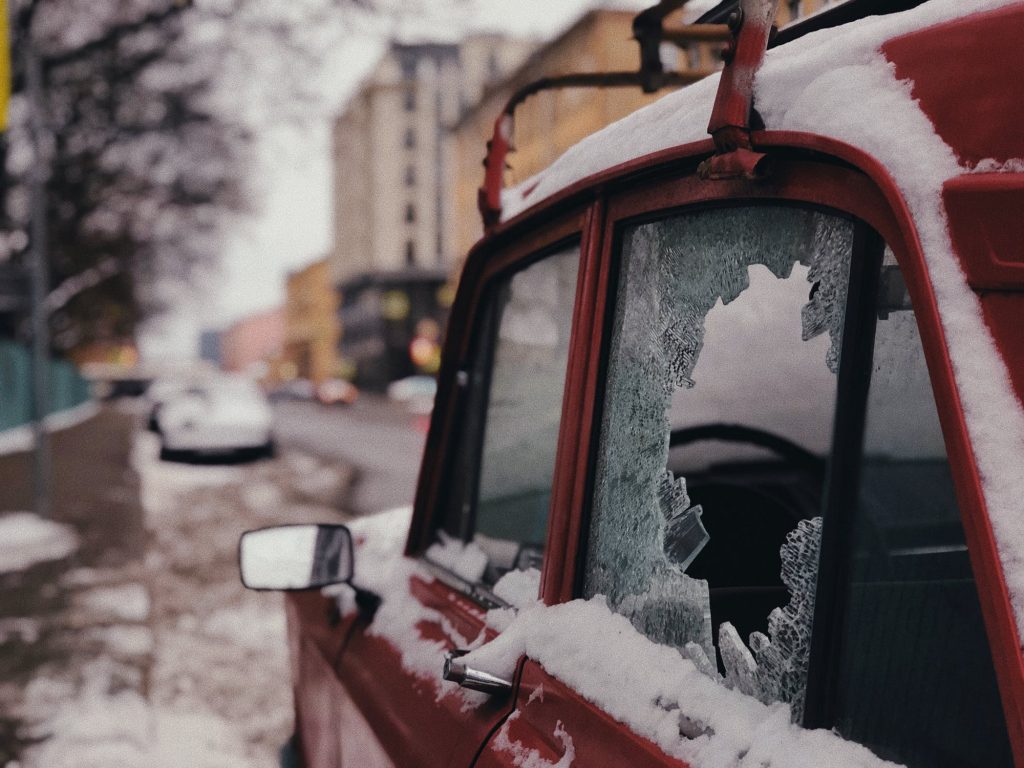
Claims
You need to report the incident to the police in the following circumstances: The first thing you should do is report the theft to the nearest police station and obtain a crime reference number. Then contact your insurance company on their claims number and they will take the details from you. After this, a number of insurance industry database checks are carried out – these are designed to protect customers from fraud. In some cases a Claims Assessor may also be appointed to discuss the claim with you. When all enquiries are successfully completed an offer will be made to settle your claim. If the cost of repairs exceed the market value of your car then it is likely your insurer will consider it to be beyond economic repair. This is often referred to as a total loss or write-off. What normally happens is that an engineer from the insurance company or appointed by them will inspect your car and place a value on it, taking account of market trends and car value guides. They will take into account the condition of the car before the incident took place including the bodywork, mileage, interior and service history. Once the engineer has completed their report they will carry out a series of industry database checks designed to safeguard against fraud. Once these have been successfully completed, payment will be sent to you, subject to the deduction of any excess. Your insurance company will still deal with your claim : their priority should be to get your car repaired, or a settlement to you if it is a total loss (write-off). After this, they will try to recover their outlay from the person responsible for the accident (or their insurance company). If they are successful then making the claim will not affect your No Claims Bonus. This is when it is really important to get statements from independent witnesses, who saw the accident. Plus photos from the scene (but only it is safe to take them). Armed with these, your insurer will do their best to persuade the other driver (or their insurer) that the accident was their fault by presenting them with all the evidence that you have provided us. Your insurer should always fight your corner, but on occasions if the evidence does not fully support either driver’s version of the incident, everybody involved may have to take some responsibility. If this happens your insurer will negotiate the best possible settlement with the other driver/their insurer. If the incident is not your fault and your insurer makes a full recovery from the responsible person, your no claims discount will be unaffected. However if an incident occurs which is not your fault, and they are unable to recover the cost, your no claims discount will be reduced at the renewal of your policy. How much NCD you will lose depends on your insurer, but typically for each incident settled against you, you will lose 2 years No Claims Bonus. So if you started your policy with 5 years No Claims Bonus and had an accident that was your fault, you would still have 3 years No Claims Bonus at the start of the next policy term. If the incident is your fault your no claims discount will be reduced. However, your no claims discount may be protected if you have paid extra. In the event of a theft claim your insurer will probably reduce your no claims discount, as it is highly unlikely they will be able to locate the culprits and recover the costs. Insurers will always prefer you to use one of their Approved Repairers to repair your car. They will argue that their Approved Repairers are carefully scrutinised and appointed to provide the highest customer service and quality of repairs for their customers. They may also throw in other benefits – such as the Approved Repairer will provide you with a free courtesy car for the duration of repairs. And Authorised Repairer repairs will be carried out in accordance with recognised industry standards, guaranteed for 3 years and all replaced parts are manufacturer-approved. Further, Approved Repairers can usually start work more quickly as the need for sending estimates into the insurer to get them approved is removed (the insurers can often see the damage to your vehicle via video technology in the repair shop). But having said that, you do have the choice of using your own repairer. Doing so means though that the insurer can’t guarantee the work and you will need to obtain an estimate for them to approve before work can commence, so it might take longer. And you may lose your right to a courtesy car. If you were not at fault or were only partially at fault for the accident, you may be able to recover some expenses from the person responsible or their insurers. This could include things like your policy excess, hire car costs, taxi costs and accommodation. You will need to keep receipts, as these will be needed to provide evidence of your claim. If you have motoring legal protection (sometimes called motor legal expenses), their claims handlers will negotiate with the other party’s insurer to recover your costs on your behalf and will remain in contact with you during the period of negotiation. It can take up to 6 months to reach agreement with the other party’s insurer. If you don’t have motoring legal protection, you are still entitled to try and claim these costs back from the other party/their insurer, but you will have to do so on your own. This is one of the benefits of the MID that many people are unaware of. If there has been an accident and you need to check the other vehicle is insured, for a fee of £4.50 you can search the Motor Insurance Database (MID) to help determine if the other vehicle is insured. You’ll need the date of the accident and the registration details of the other vehicle. If the registration is found on the MID, you will receive on screen the insurance details: policy number, name of insurer and the claims contact details to help you progress a claim. If you have been recently involved in a Road Traffic Accident (RTA) you can check the insurance details of the other parties involved on the MID (Motor Insurance Database) There are two ways to check if a vehicle is insured after an accident: a one-off askMID search or using the askMID Roadside service. The ‘askMID Roadside’ service is intended for use on a smart mobile device at the side of the road. It allows you to instantly check the Motor Insurance Database (MID) and confirm the insurance details of the other parties involved in an accident. In order to complete the simple askMID Roadside check on a mobile device you need to have the following pieces of information to hand: If you are on a smart mobile device use the askMID Roadside service now. If you are not at the roadside then you can obtain the same information by completing a one-off askMID search. Find out more about completing a one-off search of the database. Here’s a useful checklist of what to do in the event of a car accident : In a bit more detail : You need to report the incident to the police in the following circumstances: The first thing you should do is report the theft to the nearest police station and obtain a crime reference number. Then contact your insurance company on their claims number and they will take the details from you. After this, a number of insurance industry database checks are carried out – these are designed to protect customers from fraud. In some cases a Claims Assessor may also be appointed to discuss the claim with you. When all enquiries are successfully completed an offer will be made to settle your claim. If the cost of repairs exceed the market value of your car then it is likely your insurer will consider it to be beyond economic repair. This is often referred to as a total loss or write-off. What normally happens is that an engineer from the insurance company or appointed by them will inspect your car and place a value on it, taking account of market trends and car value guides. They will take into account the condition of the car before the incident took place including the bodywork, mileage, interior and service history. Once the engineer has completed their report they will carry out a series of industry database checks designed to safeguard against fraud. Once these have been successfully completed, payment will be sent to you, subject to the deduction of any excess. Your insurance company will still deal with your claim : their priority should be to get your car repaired, or a settlement to you if it is a total loss (write-off). After this, they will try to recover their outlay from the person responsible for the accident (or their insurance company). If they are successful then making the claim will not affect your No Claims Bonus. This is when it is really important to get statements from independent witnesses, who saw the accident. Plus photos from the scene (but only it is safe to take them). Armed with these, your insurer will do their best to persuade the other driver (or their insurer) that the accident was their fault by presenting them with all the evidence that you have provided us. Your insurer should always fight your corner, but on occasions if the evidence does not fully support either driver’s version of the incident, everybody involved may have to take some responsibility. If this happens your insurer will negotiate the best possible settlement with the other driver/their insurer. If the incident is not your fault and your insurer makes a full recovery from the responsible person, your no claims discount will be unaffected. However if an incident occurs which is not your fault, and they are unable to recover the cost, your no claims discount will be reduced at the renewal of your policy. How much NCD you will lose depends on your insurer, but typically for each incident settled against you, you will lose 2 years No Claims Bonus. So if you started your policy with 5 years No Claims Bonus and had an accident that was your fault, you would still have 3 years No Claims Bonus at the start of the next policy term. If the incident is your fault your no claims discount will be reduced. However, your no claims discount may be protected if you have paid extra. In the event of a theft claim your insurer will probably reduce your no claims discount, as it is highly unlikely they will be able to locate the culprits and recover the costs. Insurers will always prefer you to use one of their Approved Repairers to repair your car. They will argue that their Approved Repairers are carefully scrutinised and appointed to provide the highest customer service and quality of repairs for their customers. They may also throw in other benefits – such as the Approved Repairer will provide you with a free courtesy car for the duration of repairs. And Authorised Repairer repairs will be carried out in accordance with recognised industry standards, guaranteed for 3 years and all replaced parts are manufacturer-approved. Further, Approved Repairers can usually start work more quickly as the need for sending estimates into the insurer to get them approved is removed (the insurers can often see the damage to your vehicle via video technology in the repair shop). But having said that, you do have the choice of using your own repairer. Doing so means though that the insurer can’t guarantee the work and you will need to obtain an estimate for them to approve before work can commence, so it might take longer. And you may lose your right to a courtesy car. If you were not at fault or were only partially at fault for the accident, you may be able to recover some expenses from the person responsible or their insurers. This could include things like your policy excess, hire car costs, taxi costs and accommodation. You will need to keep receipts, as these will be needed to provide evidence of your claim. If you have motoring legal protection (sometimes called motor legal expenses), their claims handlers will negotiate with the other party’s insurer to recover your costs on your behalf and will remain in contact with you during the period of negotiation. It can take up to 6 months to reach agreement with the other party’s insurer. If you don’t have motoring legal protection, you are still entitled to try and claim these costs back from the other party/their insurer, but you will have to do so on your own. This is one of the benefits of the MID that many people are unaware of. If there has been an accident and you need to check the other vehicle is insured, for a fee of £4.50 you can search the Motor Insurance Database (MID) to help determine if the other vehicle is insured. You’ll need the date of the accident and the registration details of the other vehicle. If the registration is found on the MID, you will receive on screen the insurance details: policy number, name of insurer and the claims contact details to help you progress a claim. If you have been recently involved in a Road Traffic Accident (RTA) you can check the insurance details of the other parties involved on the MID (Motor Insurance Database) There are two ways to check if a vehicle is insured after an accident: a one-off askMID search or using the askMID Roadside service. The ‘askMID Roadside’ service is intended for use on a smart mobile device at the side of the road. It allows you to instantly check the Motor Insurance Database (MID) and confirm the insurance details of the other parties involved in an accident. In order to complete the simple askMID Roadside check on a mobile device you need to have the following pieces of information to hand: If you are on a smart mobile device use the askMID Roadside service now. If you are not at the roadside then you can obtain the same information by completing a one-off askMID search. Find out more about completing a one-off search of the database. Here’s a useful checklist of what to do in the event of a car accident : In a bit more detail :
Claims
Claims